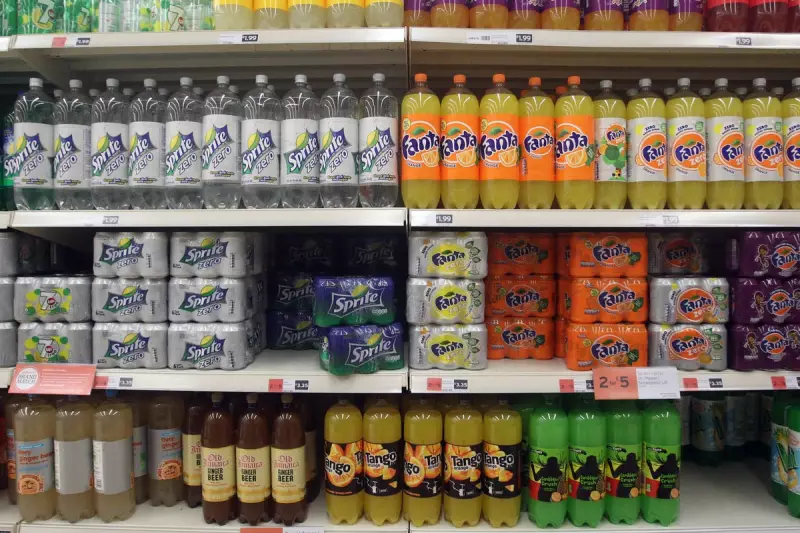
Many Britons view diet soft drinks as a smarter, healthier choice compared to their sugar-laden counterparts. But is this perception accurate, or are we overlooking potential health implications? Experts are now weighing in on the ongoing debate.
The Sugar Versus Sweetener Debate
The average Australian consumes nearly 60 litres of soft drink annually, a statistic that highlights a global penchant for fizzy beverages. Opting for a diet version certainly slashes sugar intake. For instance, a standard 375ml can of Coca-Cola contains roughly seven teaspoons of added sugar, approaching the World Health Organization's daily recommended limit of 50 grams. In stark contrast, a Diet Coke utilises artificial sweeteners like aspartame and contains zero sugar.
However, diet soft drinks are largely devoid of nutrients. They typically blend artificial sweeteners with caffeine and, while low in kilojoules, they do not promote a feeling of fullness. Studies have indicated a correlation between regular consumption of diet soft drinks and a higher risk of developing type 2 diabetes and heart disease.
Experts caution that this evidence can be misleading. Professor Lauren Ball from the University of Queensland explains that individuals who already have health concerns or are managing their weight may be more inclined to choose diet options, which can skew the data. It does not definitively prove that the drinks cause these conditions.
Unpacking the Impact of Artificial Sweeteners
In 2023, the World Health Organization classified the common sweetener aspartame as 'possibly carcinogenic to humans'. This classification, while sounding alarming, is based on limited and inconclusive evidence. The WHO stressed that typical consumption levels are considered safe, noting that concern only arises with extreme intake—equivalent to roughly 14 cans per day.
Emerging research is also exploring how artificial sweeteners may irritate the gut or disrupt the delicate balance of gut bacteria. Accredited Dietitian Emily Burch notes that these potential effects are still under investigation but contribute to growing concerns about the long-term health impacts of consistently drinking diet beverages.
Practical Steps for Healthier Habits
If you have a daily diet drink habit, cutting back is a wise move for long-term health. Research suggests that after reducing intake of very sweet products, your taste buds adapt, making intensely sweet items taste overpowering. Nutritionist Mackenzie Derry advises giving your palate time to adjust; within a few weeks, less-sweet drinks can become preferable.
Here are three evidence-based strategies to help you reduce your consumption:
1. Dilute Your Drink
A gentle first step is to water down your soft drink. Begin by mixing less soft drink with water or soda water, then gradually adjust the ratio. This slow method allows your taste buds to adapt more easily than quitting abruptly.
2. Make Smarter Swaps
Replace diet soft drinks with healthier alternatives that still offer flavour or fizz. Try sparkling water with a squeeze of citrus and mint, or unsweetened iced tea. Coconut water is another excellent option, providing electrolytes with low sugar.
3. Identify Your Triggers
Often, reaching for a soft drink is a habit driven by boredom or an energy slump. Once you recognise these triggers, you can plan a different response, like a short walk or a cup of tea. Keeping a reusable water bottle handy and opting for a nutritious snack like nuts or fruit can also help break the cycle.
The consensus from health professionals is clear: you don't need to eliminate diet soft drinks entirely. However, being mindful of your consumption frequency and exploring healthier alternatives can significantly benefit your wellbeing over time.





